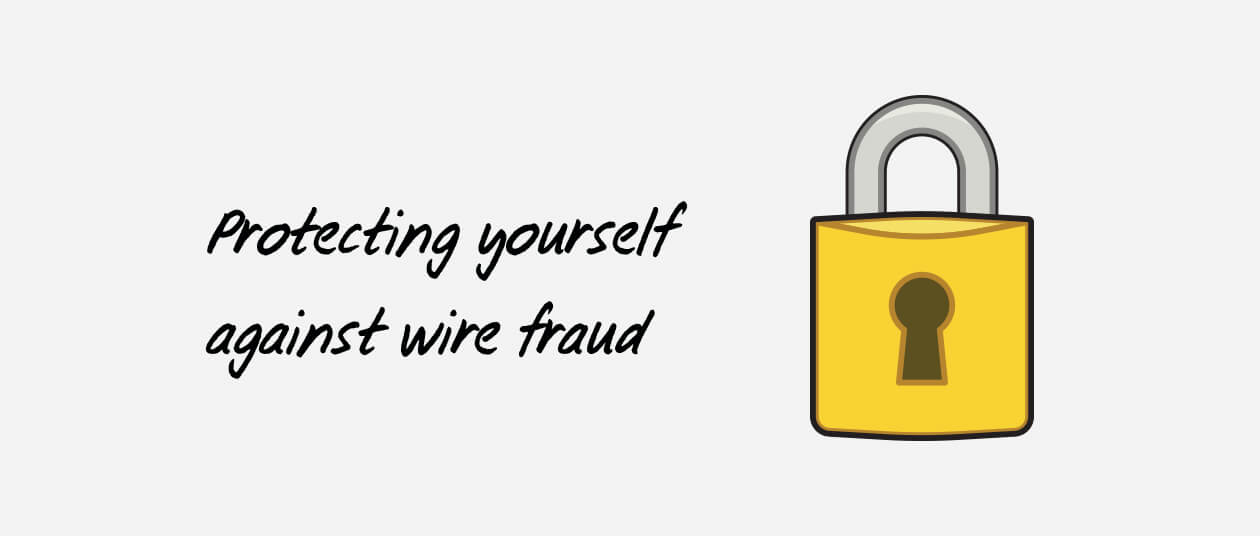“Don’t grow for the sake of growth, or sell products for the sake of capitalism.” Says CEO and co-founder of Period Aisle Suzanne Siemens, “Start your business with a meaningful discussion around the values of your company, then build your foundation out of why you exist.”
Siemens is a CPA-turned-entrepreneur dedicated to promoting social change through business. Taking one glance at the webstore for Aisle, it’s immediately evident that her company is a champion of diversity and inclusion too. Their branding is sleek, contemporary, and refreshingly realistic in its representation. This is absolutely no accident.
“Anyone that experiences a period, regardless of their size, body and gender expression […] deserves to feel welcomed and affirmed in their body when they have their period.”

Siemens’ passion for sustainability and inclusion is contagious, and her resolve and drive to build a meaningful business is inspiring. We sat down with the CEO to learn all about what it takes create a purpose-built organization, and the value of ingraining your personal values into your company’s DNA.
What was the inspiration behind Period Aisle? What drove you to create a differentiated product?
When my co-founder Madeleine Shaw first launched Luna Pads (as Period Aisle was called back then) it was to create a more sustainable solution to solve the waste around single-use disposable pads and tampons. But the initial push to create a differentiated product was to address an allergic reaction Madeleine had to disposable products. So really, Period Aisle was born out of a medical need, and evolved into an environmental solution. And now it has also evolved even further to be a product and a brand that represents equity and inclusion. We created a differentiated product that would address the needs of anyone that experience a period, regardless of their size, body and gender expression. Everyone deserves to feel welcomed and affirmed in their body when they have their period.
What does it mean to you to own your own business?
For me it gives a lot of autonomy, flexibility, and creativity so that you can then use all those pieces to create the kind of change you want to see in the world.

What does it mean to you to be a Certified B Corporation?
It means a lot, to be honest. For me it means we know we’ve done the hard work to be the most ethical, transparent, sustainable company you possible can be. It also means joining a global movement of companies who are leading the way and inspiring others.
What does it mean to you to be a female-led organization?
I would like to answer that by saying that we are feminist-led, and it doesn’t actually need to be gendered. We consider ourselves intersectional feminists that look through a very diverse lens of what it means to be a company that believes in equality for all people of all genders and sizes and shapes and beliefs and philosophies, and being able to combine all of that value around equity and inclusion. That to me is what I get excited about and feel agency and autonomy around your earlier questions about being able to run your own business, just being able to do it in a way that honors the values that you hold around intersectional feminism. It also means acknowledging all those leaders who put stakes in the ground before me, and to set an example for all of those coming after us and saying, “this is how far we’ve come. There’s so much more to be done. And this is how we all make a difference. Together.”
What advice do you have for entrepreneurs that want to create a value-based or purpose-built organization like yours?
I think it all comes down to why [your company] exists. The legacy you want to leave behind. You really do need that strong desire [to make your values a priority]. Don’t grow for the sake of growth, or sell products for the sake of capitalism. Start your business with a meaningful discussion around the values of your company and build your foundation out of why you exist. If you understand them well and make them a priority from the beginning, they will eventually be baked into you operations. If it’s treated as a nice to have, or something you only do when you’re profitable it’s harder to do. If it’s baked right in, then you make good decisions from the beginning.
I will also say that it’s harder to do. Being sustainable and ethical does take more time and more thought and even more money because you’re not taking shortcuts. So my advice would be to look to other companies that you admire and learn from them. To join organizations that are on this learning journey with you, and be part of that movement because being inspired be all those around you that are working together will make it easy to see that you are really making a difference.
Look to other companies that you admire and learn form them. To join organizations that are on this learning journey with you.

What advice do you wish someone gave you when you were first starting out?
Really think about your “why” and your values. And have that infused into the core DNA of your business. Secondly, go out and seek mentors. People who share the same values will also say yes I’ll help you. They want to be part of what you’re building. And anyone who’s new is always going to be hungry and thirsty to learn, and that’s attractive to folks that want to mentor—are you coachable, are you excited, are you energized? If you’re passionate about what you want to start, the odds are your answer is most likely yes. Go connect with these mentors and become inspired, and eventually you’ll start to model their success as well.
What is the biggest challenge you’ve faced over the last year?
What was most challenging for us was essentially just surviving and taking care of yourself as a person, while also taking care of the business, and realizing that the two are so connected. You’re stressed about keeping the lights on, but you’re also dealing with everyone’s mental health and stress around what’s happening, and you can’t separate them.
How were you able to overcome that challenge?
The best we could do to address this challenge was just to be empathetic. Be compassionate and let people know that we’re here to take care of them no matter what. And in addition to that support, it’s also so crucial to just stay connected with people. Whether it’s through zoom or what-have-you, we had to be sure we were getting in touch for personal chats and one-on-ones, having team sessions and just trying to find ways to maintain those connections despite all the distance we had to place amongst each other. We were determined to lead with empathy and compassion, and let our employees know that we’re here to take care of them no matter what.
What are some examples of how or when you’ve had to adapt the way you do business in order to succeed?
One thing that comes to mind, that’s not actually COVID-related is during 2020 and the whole movement of standing up for equity and justice we saw through the Black Lives Matter protests. What I realized was that if you’re angry about something, you have the right to call people out. Stand up for your values. It’s not about cancel culture, it’s about standing up to bad behaviour. Bad capitalism. Bad ethics. You have to do the hard work if you really want to be authentic, and purpose-driven in your life and your business, and you have to be willing to stand up and protect what your hard work has built.”
To learn about financial options for your business, book an appointment with one of our business experts. Also, visit The Small Business Centre for more small business tips, funding options, and valuable insight.



